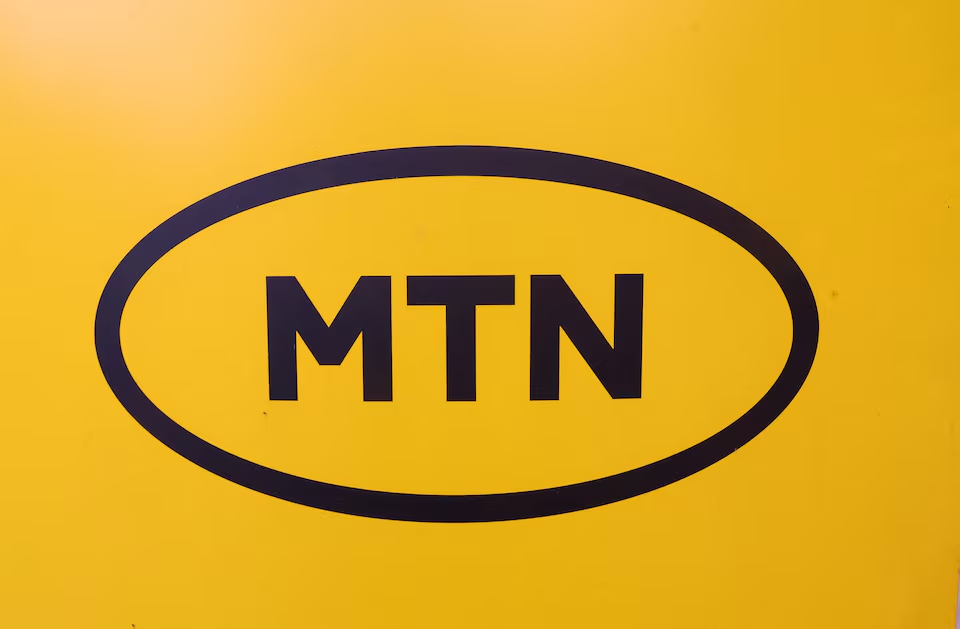The Federal Communications Commission released a plan on Tuesday to dismantle landmark regulations that ensure equal access to the internet, clearing the way for internet service companies to charge users more to see certain content and to curb access to some websites.
The proposal, made by the F.C.C. chairman, Ajit Pai, is a sweeping repeal of rules put in place by the Obama administration. The rules prohibit high-speed internet service providers, or I.S.P.s, from stopping or slowing down the delivery of websites. They also prevent the companies from charging customers extra fees for high-quality streaming and other services.
The announcement set off a fight over free speech and the control of the internet, pitting telecom titans like AT&T and Verizon against internet giants like Google and Amazon. The internet companies warned that rolling back the rules could make the telecom companies powerful gatekeepers to information and entertainment. The telecom companies say that the existing rules prevent them from offering customers a wider selection of services at higher and lower price points.
“Under my proposal, the federal government will stop micromanaging the internet,” Mr. Pai said in a statement. “Instead, the F.C.C. would simply require internet service providers to be transparent about their practices so that consumers can buy the service plan that’s best for them.”
Mr. Pai, a Republican who has pursued an aggressive deregulation agenda, was widely expected to have his plan approved during a meeting on Dec. 14. The two other Republicans on the commission generally vote with Mr. Pai, giving them a majority over the two Democrats.
Telecom and internet companies are expected to lobby hard in Washington — and directly to the public — as they did when the current rules were adopted.
Some internet companies were expected to put up a fight to prevent the proposal from taking hold. The Internet Association, an industry group, joined a legal effort in 2015 to protect the existing rules. The agency has already received 20 million public comments, many of them in opposition of changing the rules, since Mr. Pai announced the broad outlines of his thinking early this year.
The big companies that provide internet access to phones and computers have fought for years against broadband regulations. Under the new plan, broadband providers will be able to block access, slow down or speed up service for its business partners in some cases — as long as they notify customers.
“This action will return broadband in the U.S. to a regulatory regime that emphasizes private investment and innovation over lumbering government intervention,” said Joan Marsh, a vice president at AT&T.
Big online companies like Google and Facebook say the repeal proposal would allow telecom companies to play favorites by charging customers for accessing some sites or by slowing speeds to others. The existing rules were written to prevent such arrangements, adopting a policy often called net neutrality.
“We are disappointed that the proposal announced today by the F.C.C. fails to maintain the strong net neutrality protections that will ensure the internet remains open for everyone,” Erin Egan, a vice president at Facebook, said in a statement. “We will work with all stakeholders committed to this principle.”
Small online companies believe the proposal would hurt innovation, because telecom companies could force them to pay more for the faster connections. Only the largest companies, they say, would be able to afford the expense of making sure their sites received preferred treatment. Companies like Etsy and Pinterest, for example, credit their start to the promise of free and open access on the internet.
And consumers, the online companies say, may see their costs go up if, for example, they want high-quality access to popular websites like Netflix, a company that depends on fast connections for its streaming videos. Netflix said on Tuesday that it opposed Mr. Pai’s proposal.The action “represents the end of net neutrality as we know it and defies the will of millions of Americans,” said Michael Beckerman, chief executive of the Internet Association, a lobbying group that represents Google, Facebook, Amazon and other tech companies.
Mr. Pai said the current rules had been adopted to stop only theoretical harm. He said the rules limit consumer choice because telecom companies cannot offer different tiers of service, for example. As a result, he said, internet service companies cannot experiment with new business models that could help them compete with online businesses like Netflix, Google and Facebook.
“It’s depressed investment in building and expanding broadband networks and deterred innovation,” Mr. Pai said Tuesday.Comcast, one of the country’s biggest broadband companies, said it would not slow websites that contain legally permitted material.
“We do not and will not block, throttle, or discriminate against lawful content — and we will be transparent with our customers about these policies,” the company said.
In a call with reporters, F.C.C. officials said the blocking and slowing of some content could be seen as anticompetitive. Those practices, they said, would be policed by the Federal Trade Commission or the Justice Department.
The plan to repeal the existing rules, passed in 2015, would reverse a hallmark decision by the agency to consider broadband a public utility, as essential as phones and electricity. The earlier decision created the legal foundation for the current rules and underscored the importance of high-speed internet service. It was put in place by Tom Wheeler, an F.C.C. chairman under President Obama.
Mr. Pai, who was appointed chairman by President Trump in January, has eliminated numerous regulations during his first year.
The agency has stripped down rules governing television broadcasters, newspapers and telecom companies that were meant to protect the public interest. On Tuesday, in addition to the net neutrality rollback, Mr. Pai announced a plan to eliminate a rule limiting any corporation from controlling broadcasts that can reach more than 39 percent of American homes.
The fight over net neutrality could end up being one of his biggest and most fraught decisions. For more than a decade, the agency has struggled with how to regulate internet service, leading to extended legal battles. The rules adopted under Mr. Wheeler were upheld in 2016 by a federal appeals court in Washington.
The proposal released on Tuesday will probably make its way to court as well. And companies like Google and Facebook are expected to push the public to speak out against the plan. They coordinated a huge online protest against the possible changes in July.
Some of the lobbying could take place in Congress, even though it may change little because Republicans control both houses. Nevertheless, Democrats have vowed to try to reconstruct the strict rules adopted by the F.C.C. in 2015.The next three weeks promise to hold intense lobbying from both sides, but that might not be the end of it. The regulation of internet providers has already swung once on a change in the Oval Office.
“As good as the F.C.C.’s action is for I.S.P.s, it only assures non-regulation of broadband through 2020,” said Paul Gallant, an analyst at the research firm Cowen.
Source: www.nytimes.com





